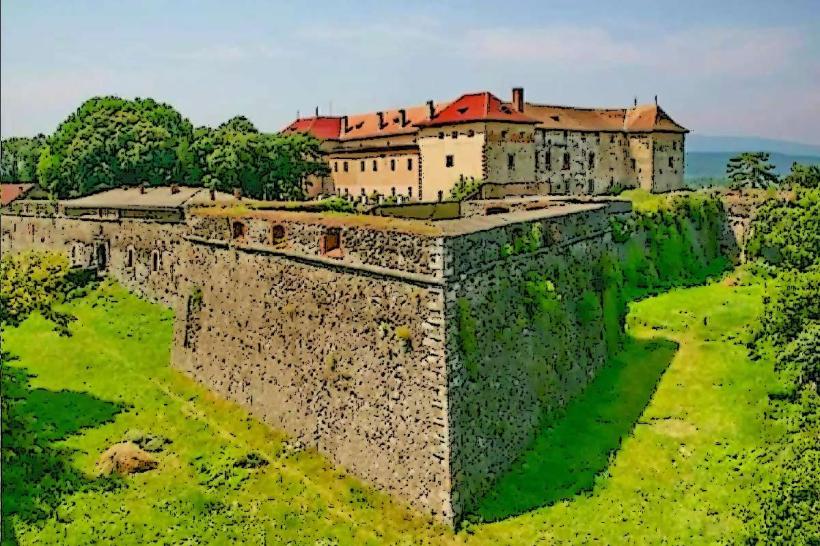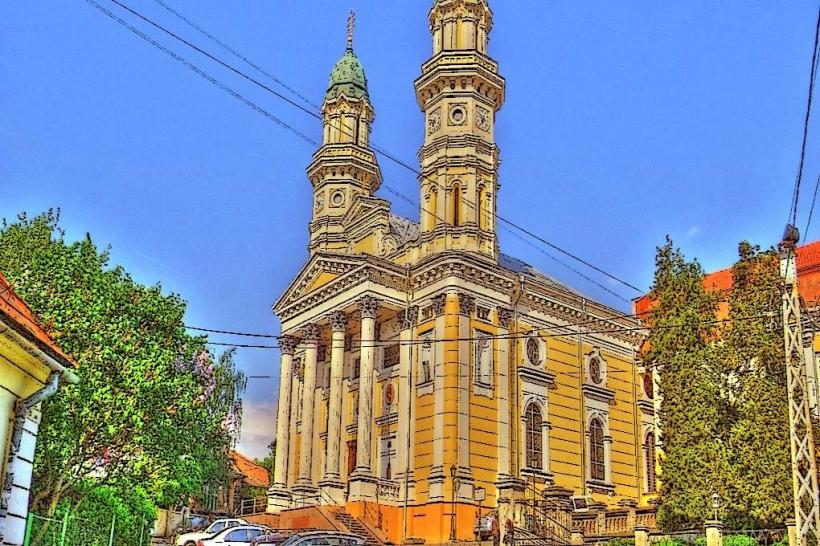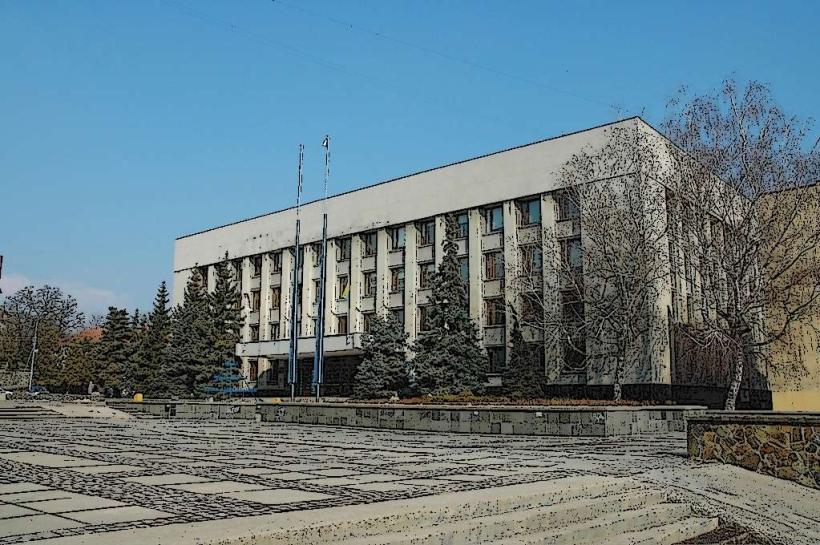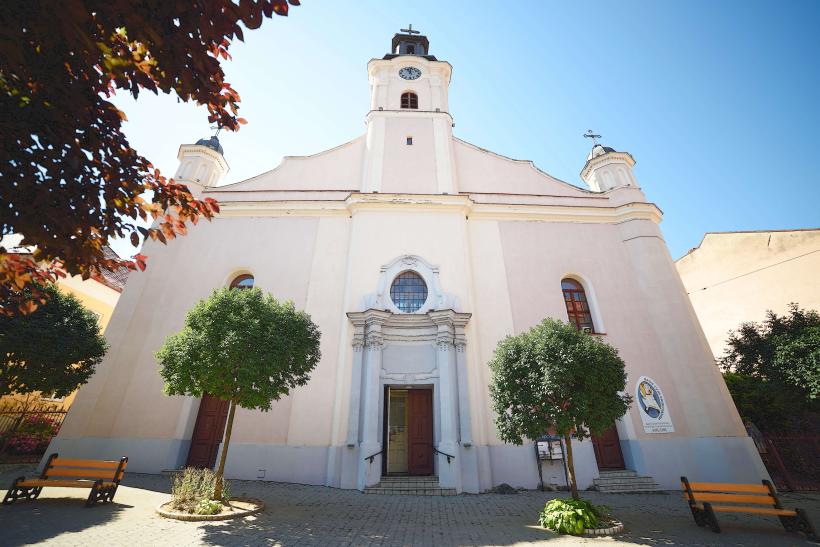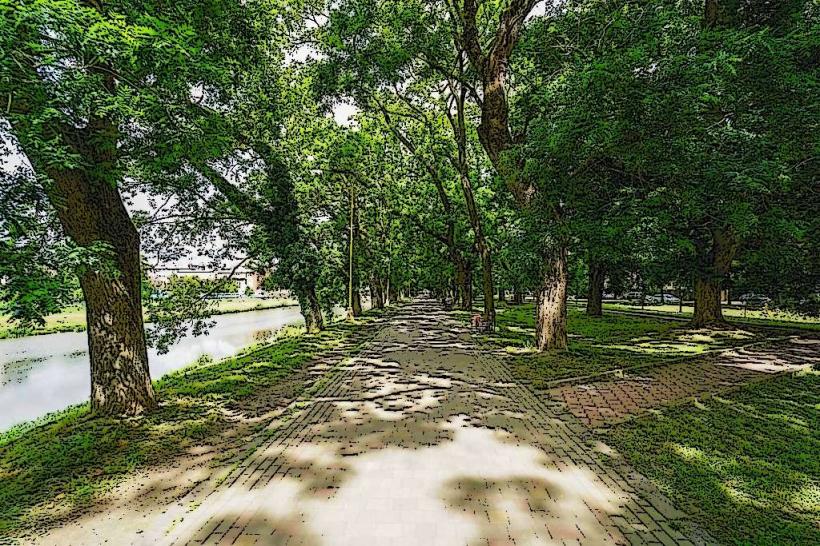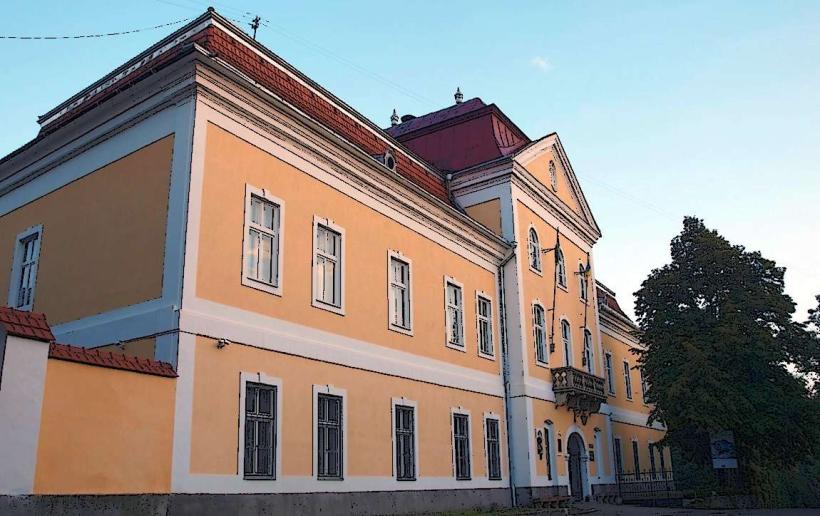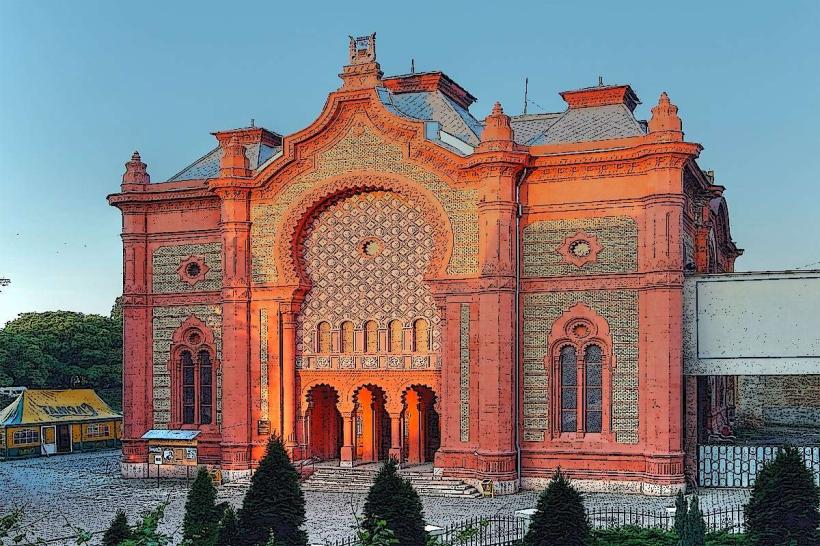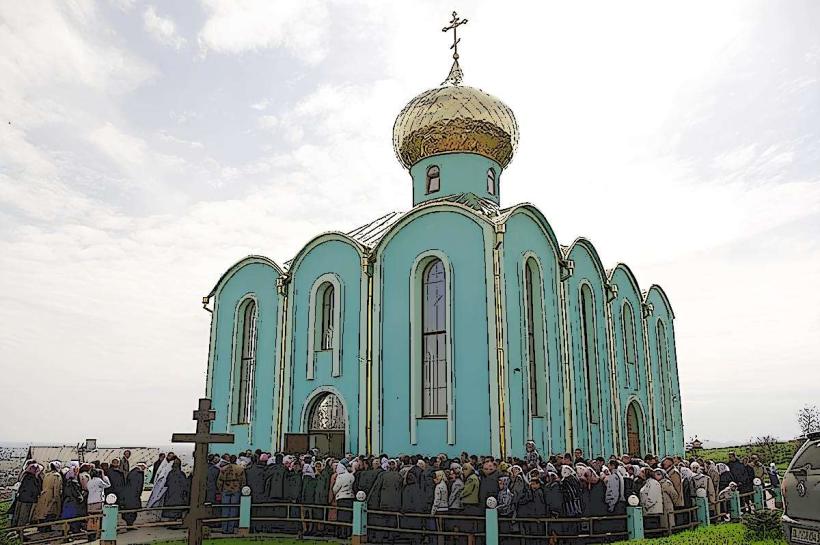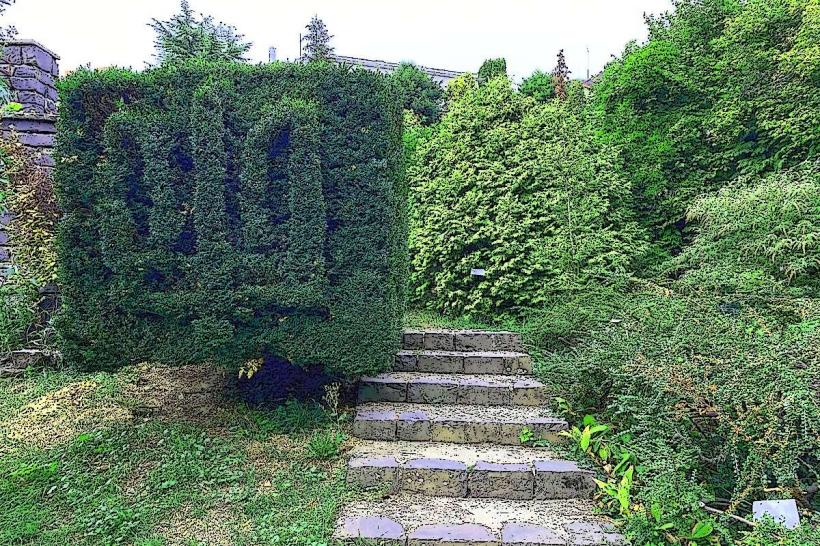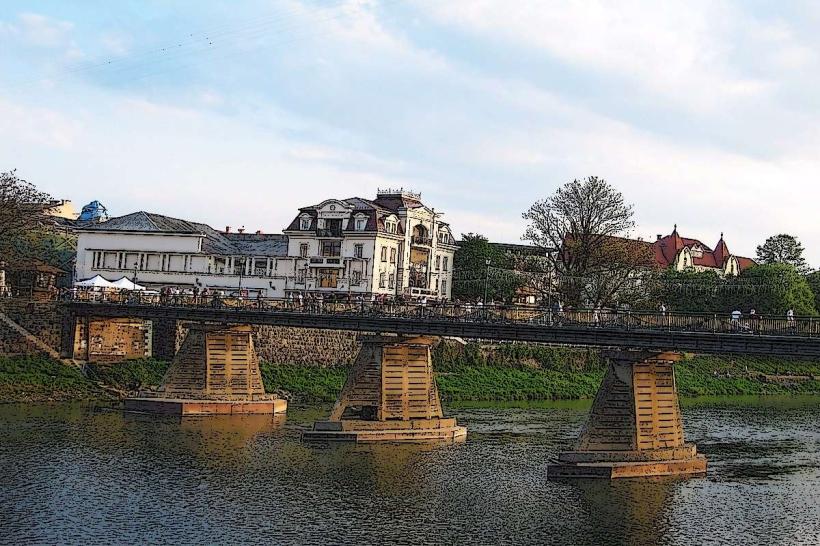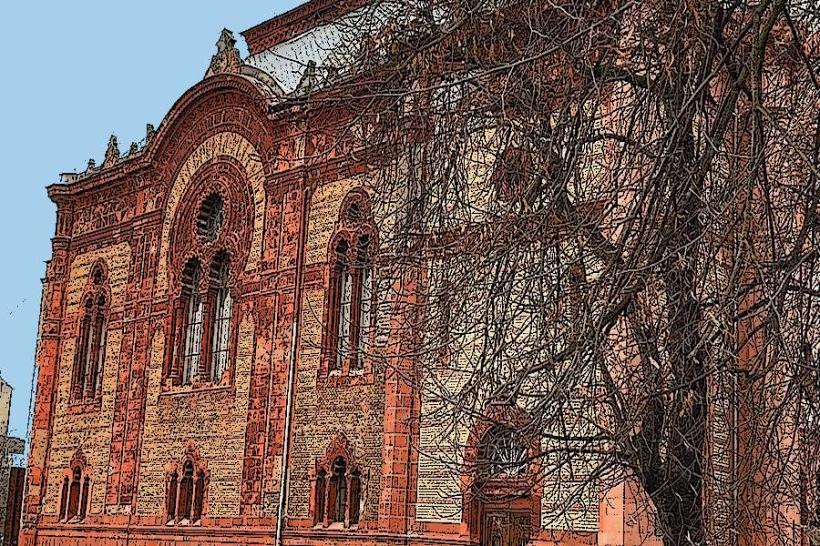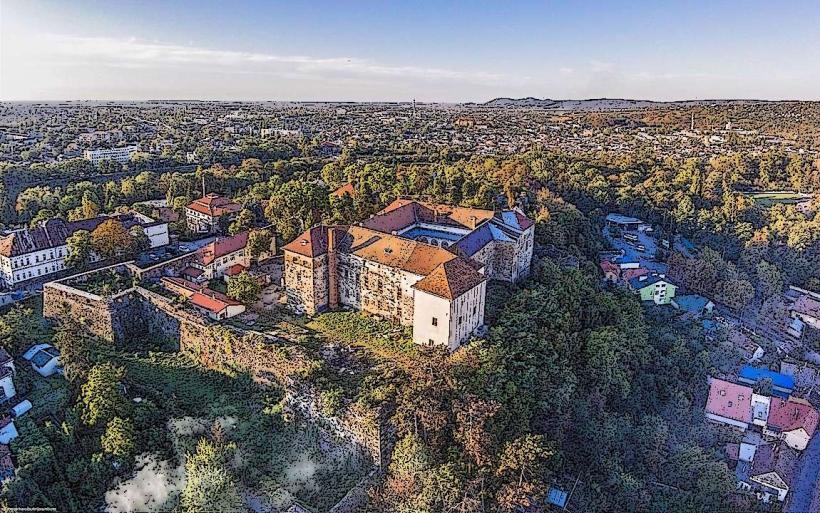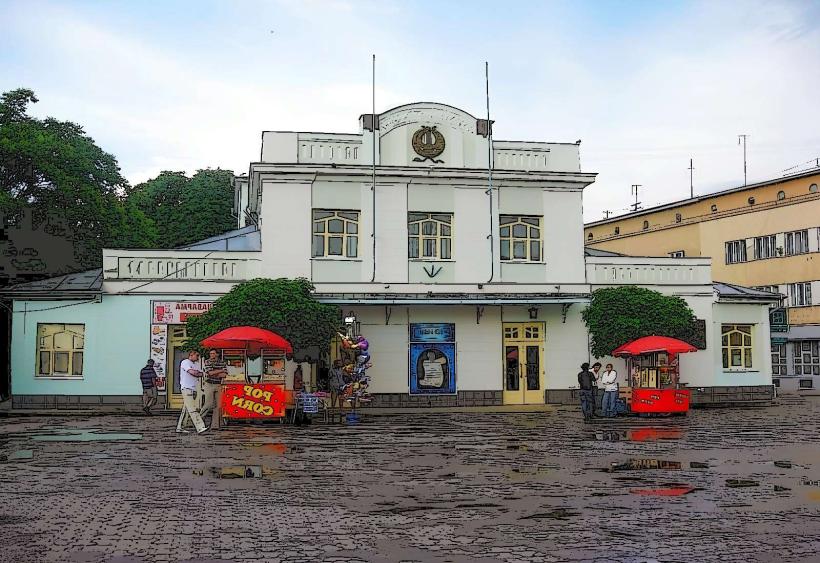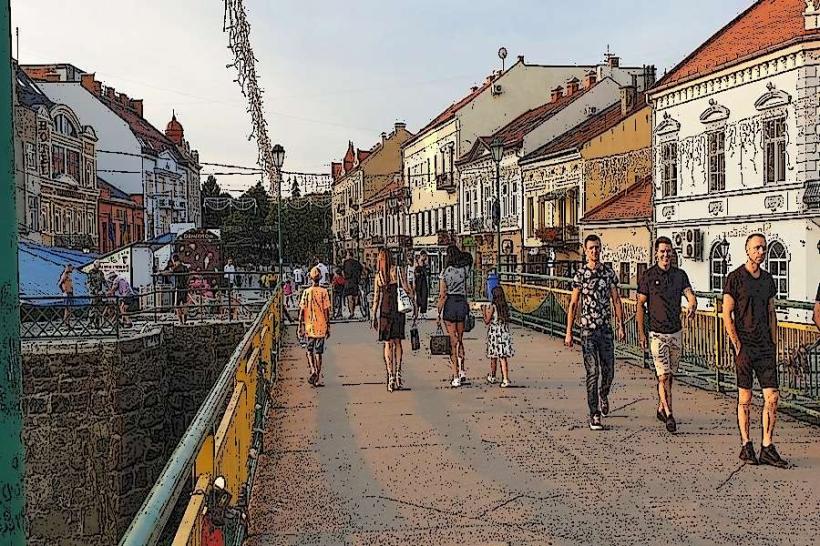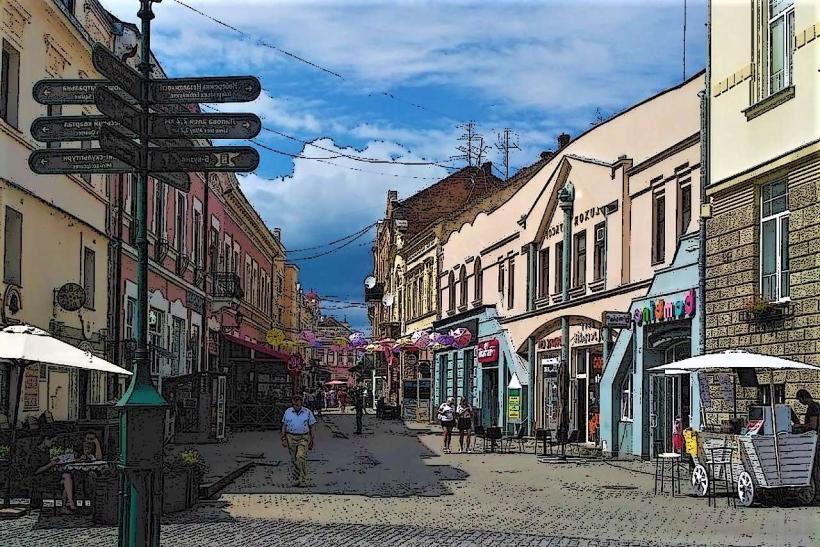Information
Landmark: Museum of Folk Architecture and LifeCity: Uzhhorod
Country: Ukraine
Continent: Europe
Museum of Folk Architecture and Life, Uzhhorod, Ukraine, Europe
The Museum of Folk Architecture and Life is an open-air ethnographic museum located in Uzhhorod, Ukraine.
It preserves and displays traditional Ukrainian rural architecture and way of life from various regions.
Visual Characteristics
The museum features over 30 wooden structures, including houses, churches, schools, and windmills, reconstructed from different ethnographic regions of Ukraine. Structures are typically constructed from timber and feature thatched or shingled roofs. Exterior colors vary but often include natural wood tones, white plaster, and dark timber framing. The site is situated on a hillside overlooking the Uzh River, with pathways winding between the exhibits.
Location & Access Logistics
The museum is located at 34 Voloshyna Street, Uzhhorod. It is approximately 3 kilometers (1.9 miles) east of Uzhhorod's city center. Access by car is via Voloshyna Street. Limited parking is available at the museum entrance. Public transport options include local bus routes that stop near the museum; specific route numbers should be confirmed locally as they can change. The walk from the nearest bus stop is approximately 500 meters.
Historical & Ecological Origin
The museum was established in 1965. The concept of open-air ethnographic museums emerged in the late 19th and early 20th centuries to preserve architectural heritage threatened by modernization. The site itself is a hillside, providing a natural setting for the relocated structures, with the Uzh River forming a natural boundary to the south.
Key Highlights & Activities
Visitors can explore the interiors of reconstructed peasant houses, observing traditional furniture and household items. Demonstrations of traditional crafts, such as pottery and weaving, may occur on specific days. The museum includes a wooden church, a schoolhouse, and various agricultural buildings. Walking the grounds allows for observation of architectural styles from Transcarpathia, Hutsulshchyna, and Bukovyna regions.
Infrastructure & Amenities
Restrooms are available within the museum complex. Some shaded areas are provided by mature trees and the structures themselves. Cell phone signal (4G/5G) is generally available within the museum grounds. Food vendors are not typically present within the museum; however, cafes and restaurants are located in the nearby city center.
Best Time to Visit
The best time for photography is during the morning or late afternoon when the sun angle provides favorable lighting on the wooden structures. The months of May through September offer the most pleasant weather for outdoor exploration. Visiting during weekdays may result in fewer crowds compared to weekends.
Facts & Legends
One of the oldest structures is a wooden church dating back to the 17th century, originally from the village of Shelestovo. A local legend associated with such wooden churches speaks of their construction without the use of metal nails, relying solely on wooden pegs and joinery techniques.
Nearby Landmarks
- Uzhhorod Castle (1.5km West)
- Transcarpathian Museum of Folk Architecture and Rural Life (0.1km North) - Note: This is the same location.
- Uzhhorod Botanical Garden (2.0km West)
- Pedestrian Bridge over the Uzh River (2.5km West)
- Uzhhorod Synagogue (now the Transcarpathian Regional Philharmonic) (2.8km West)

